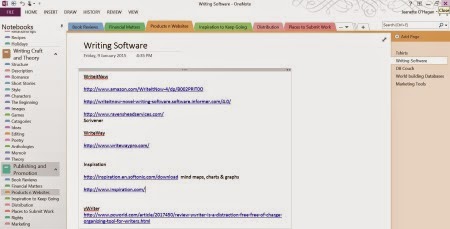I have banished the accusation!
It comes from the accuser and I'm not buying his lies any longer. I'm going to walk in the truth.
"Did God really say...?" From the Garden of Eden until today it is still Satan's favourite lie. He loves to sew seeds of doubt which, in turn, feed on our insecurities until they become full blown paranoia. Then his purpose is achieved. We give up, turn away, ignore the voice of God.
A couple of weeks ago a teacher at our disciple training school made a simple statement. For me it was one of those golden sentences, a 'ah-ha' moment or as my husband would say a BFO (blinding flash of the obvious.) He was talking about hearing the voice of God. He must have been looking inside my head cause he described it accurately.
 'As soon as you ask 'Was that me or God?' you lock the door to revelation. You can no longer hear God's voice.'
'As soon as you ask 'Was that me or God?' you lock the door to revelation. You can no longer hear God's voice.'I can hear you arguing with me. Every thought must be tested, taken captive and made to obey Christ. The Bible says so. The Bible also says we walk by faith, we know His voice and if we ask of Him, he will gives us treasures stored in dark places. Any question that raises doubt is anti-faith.
“Which of you fathers, if your son asks for a fish, will give him a snake instead?" Luke 11:11
If I ask God to speak to me, I know he's not going to send the snake. However the serpent will slither in and cast doubt if he can. From now on he's not getting any air time in my head. I'm believing everything I hear is from God. I will record, test it and ask for confirmation. I can delete it later if necessary. But no longer will I allow a thought to be aborted before it has been given time to fully form.
Likewise, this week, I have banished the lie, 'You're not a real writer.' I've been haunted in the middle of the night by rules telling me a real author writes at least 15 minutes everyday, reads a book a week in their genre and reads other genres widely. My concern about not achieving this guideline gave the enemy fertile ground to plant his seed of doubt.
So let me confess. Until yesterday I hadn't read a book since holidays in January. I haven't looked at my edits since the February Omega Writer's meeting where I said I'd edit a certain amount six days every week. I'm grieved about this and I apologise to the rest of you in book world.
But when I pushed past my remorse and talked to God, the fog cleared. He's never as judgmental as I am on myself. He pointed to the truth.
I have read a least four books of the Old Testament, countless snippets of other biblical passages, many prophetic words re our times, blogs, emails, Facebook and the ingredients lists on food packaging. I have written pages in journals, drawn illustrations, typed countless messages, texts.... And I have taught at the ministry school and watched as understanding of His love dawned in student's eyes.
So what if my edits are behind and ideas burning in my head aren't written down? Soon the season will change and these books I'm passionate about will emerge. I am a writer, a real writer...but I may move to the beat of a different drum. And therein lies the wonder and diversity of the body of Christ.
What about you? Do you have lies the enemy uses to close the door to revelations from God, or to discourage you, divert you?
 Jo Wanmer is the author of Though the Bud be Bruised, published by Even Before Publishing in 2012. She loves to write stories about real people, bringing the God of love and wholeness into real-life messes. Meanwhile she is a pastor, bookkeeper, grandmother and a few other assorted things as the Spirit requests.
Jo Wanmer is the author of Though the Bud be Bruised, published by Even Before Publishing in 2012. She loves to write stories about real people, bringing the God of love and wholeness into real-life messes. Meanwhile she is a pastor, bookkeeper, grandmother and a few other assorted things as the Spirit requests.

















